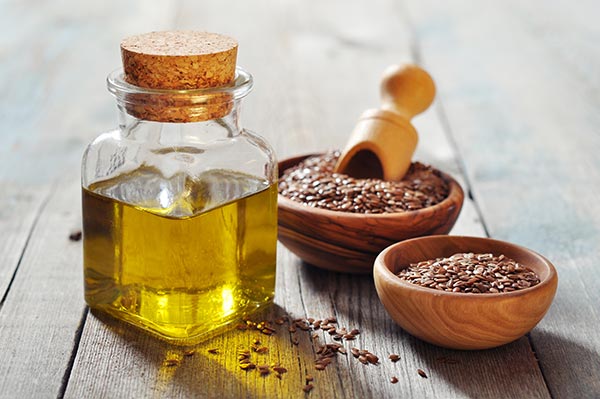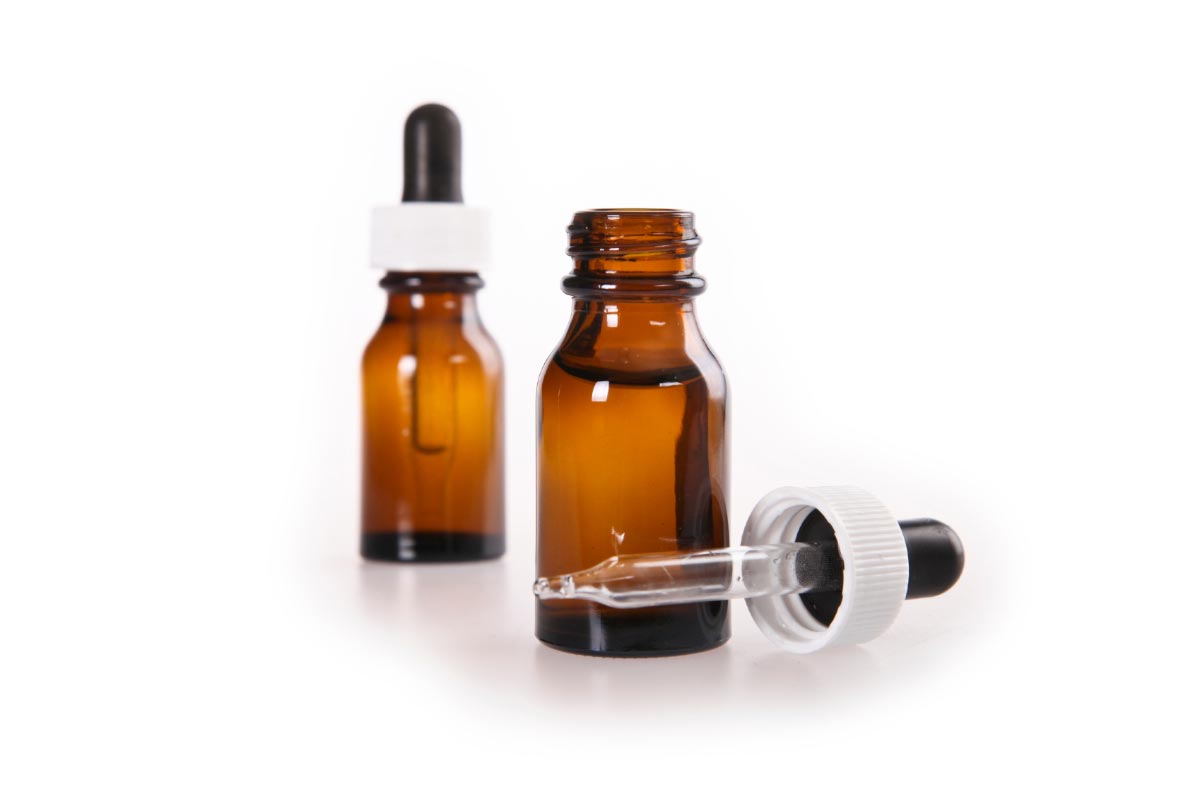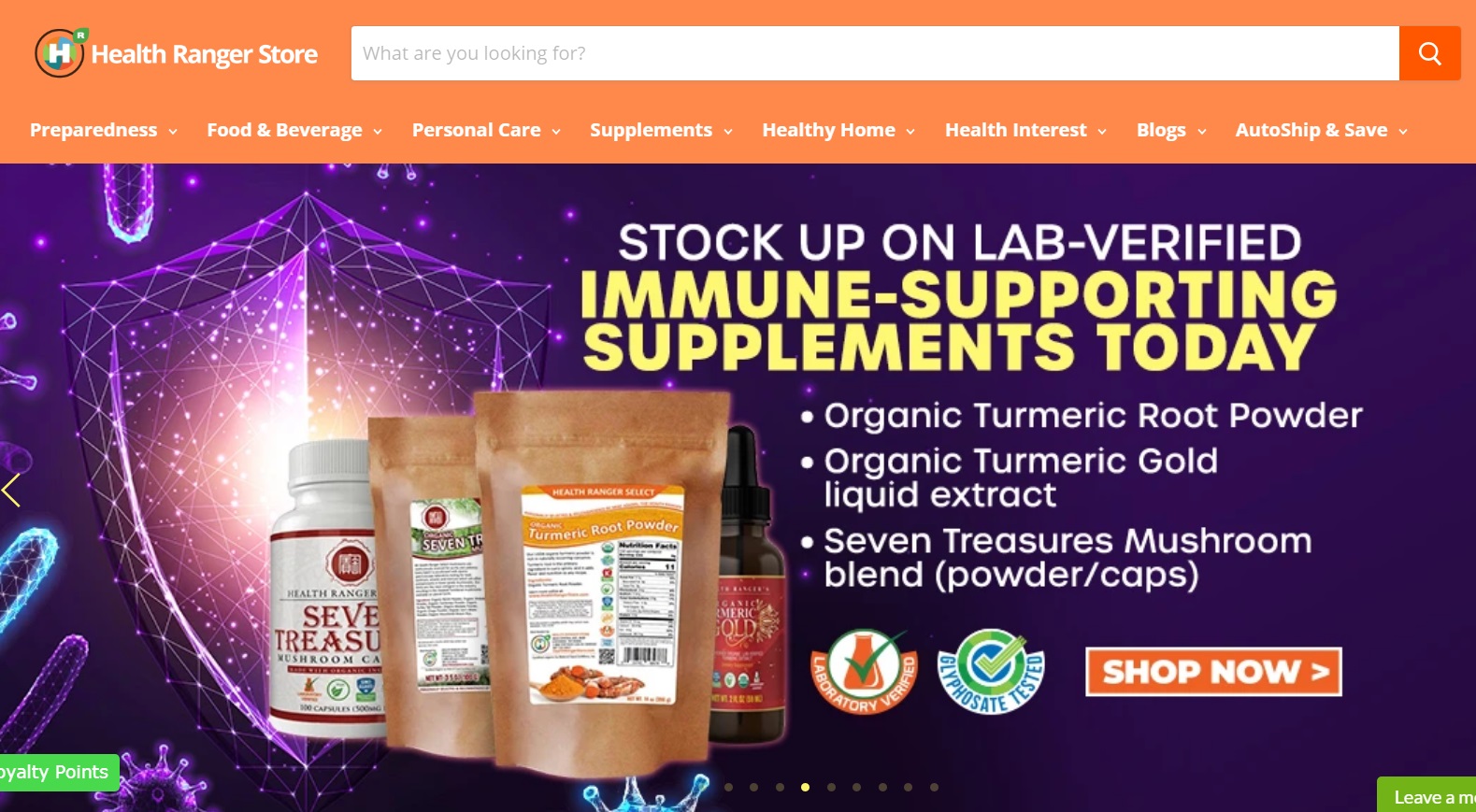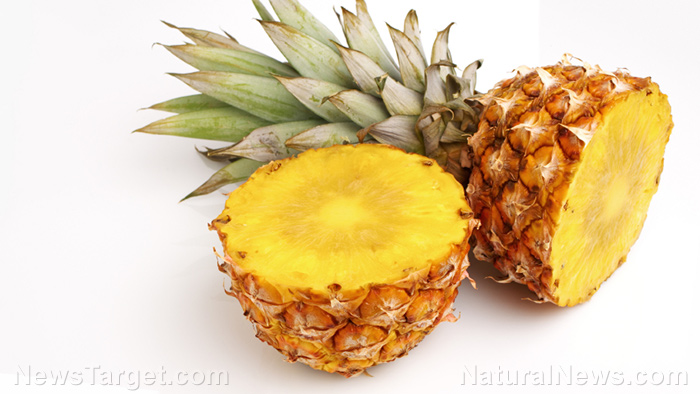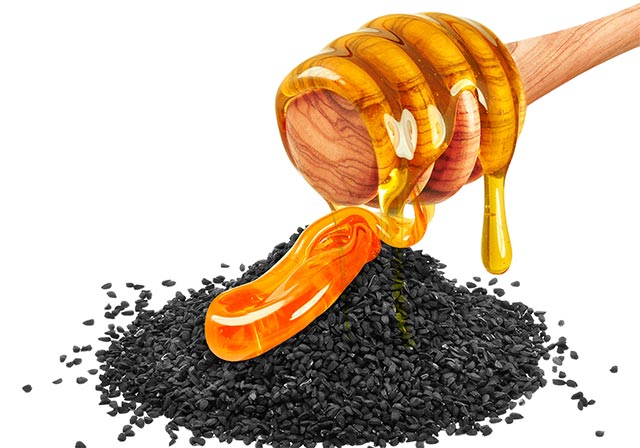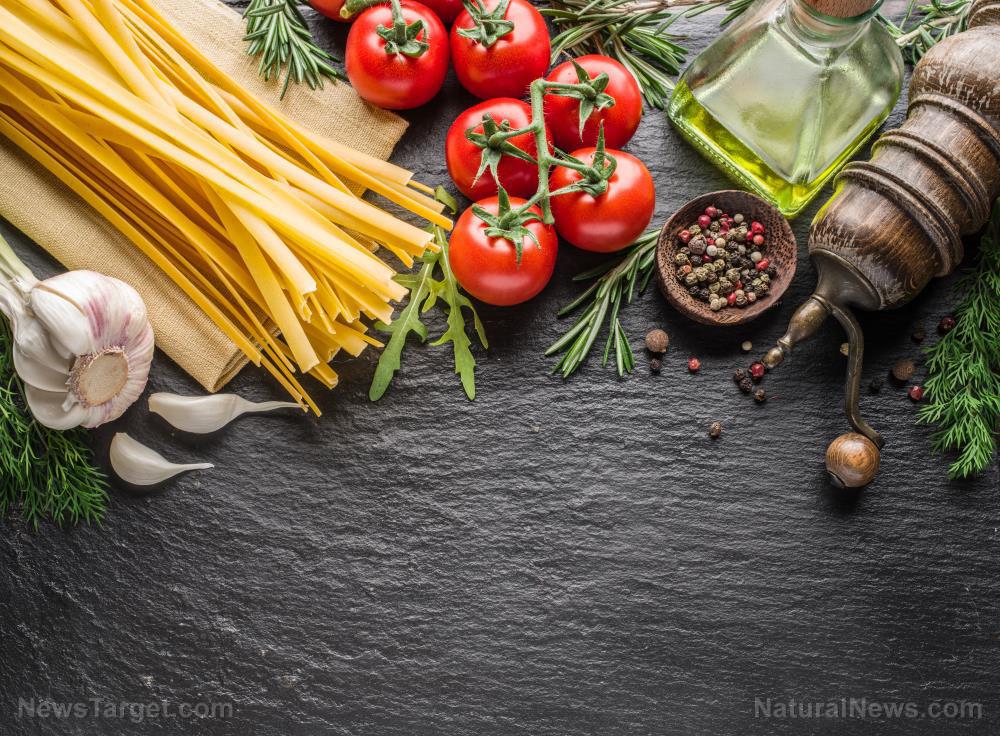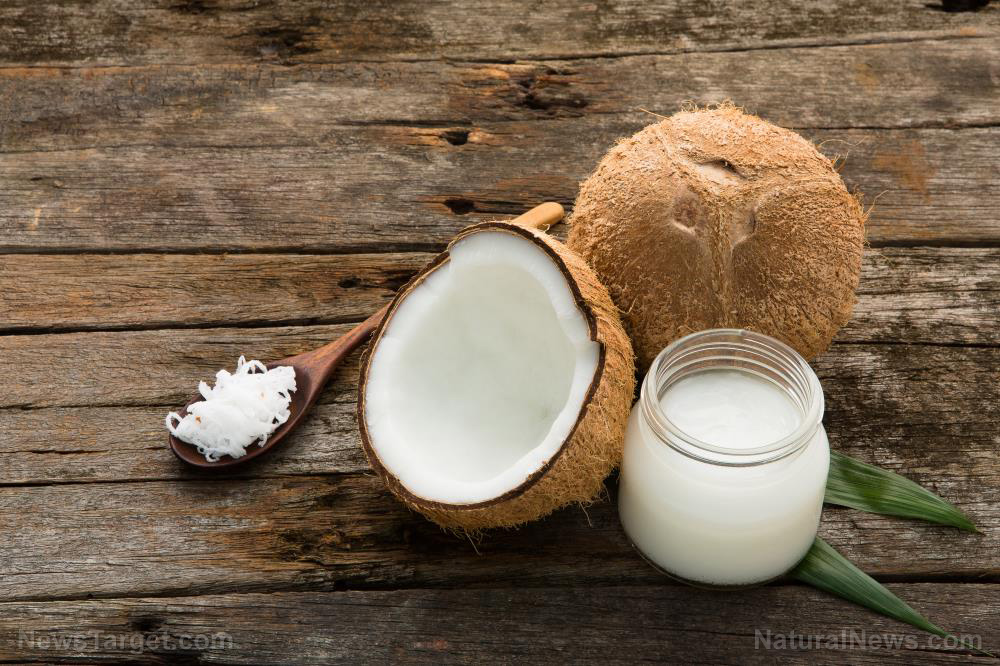7 Reasons to have Manuka honey in your survival stockpile
01/26/2020 / By Arsenio Toledo
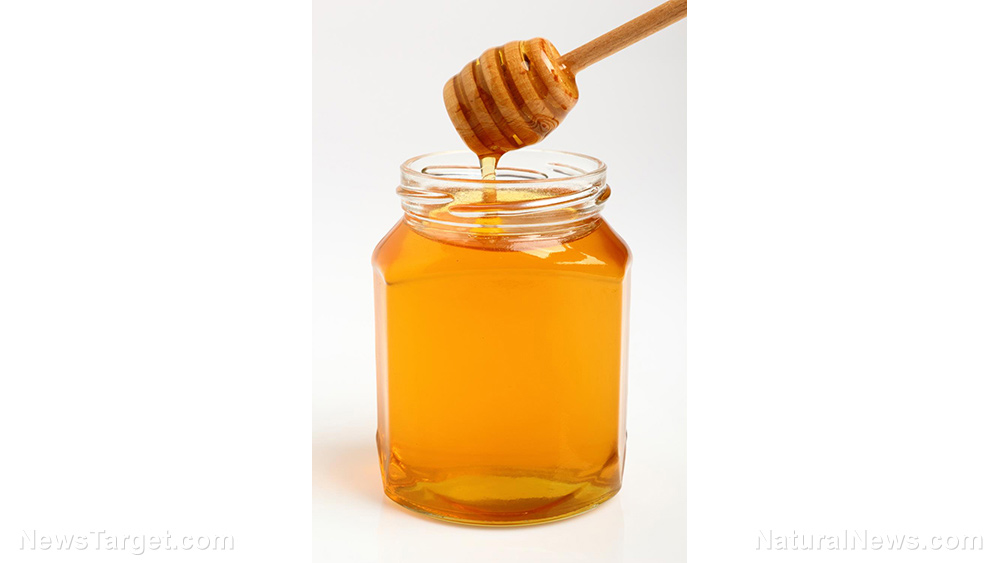
Manuka honey is a special kind of honey that is only grown in Australia and New Zealand. It comes from the honey made by bees who pollinate from the Leptospermum scoparium, or the manuka bush. Because of its unique nature, manuka honey is more potent than regular honey, and provides more health benefits.
These benefits make manuka honey an excellent addition to any prepper’s survival kit. Here are seven ways you can use manuka honey to survive when SHTF. (h/t to AskAPrepper.com)
Soothes allergy symptoms
Seasonal allergies can be disastrous, especially post-collapse. A study published in the Annals of Saudi Medicine found that ingesting manuka honey can provide relief against allergic rhinitis. Consuming manuka honey keep you functioning and on your feet during a disaster.
Soothes acid reflux
Acid reflux is when the acid inside the stomach flows up into the esophagus. This isn’t a life threatening condition in any way, but the symptoms associated with it, such as heartburn and chest pain, can be painful and stop you in your tracks. Manuka honey is known to relieve these symptoms to help keep you going.
Fights resistant bacteria
There is evidence supporting manuka honey’s ability to combat bacteria like MRSA, Pseudomonas aeruginosa and group A Streptococcus. These strains have become increasingly resistant to conventional medicine due to the overuse of antibiotics. Consuming manuka honey can kill MRSA, induce significant changes in the protein expression of P. aeruginosa and inhibit the growth of group A Strep. (Related: Manuka honey found to eliminate deadly drug-resistant bacteria in cystic fibrosis infections.)
Treats wounds, burns and sores
Manuka honey’s healing properties are well known. They can speed up healing, reduce inflammation, relieve pain and prevent wounds, burns and sores from contracting an infection. The acidic environment created by manuka honey favors wound healing. Simply apply a coat of manuka honey over the affected area and wrap it up with wound dressing to keep insects away from it.
Fights gum disease
If left untreated, gum disease can deteriorate tooth health and even cause some bone damage. Oral health experts will be difficult to find when SHTF. Luckily, manuka honey’s antibacterial properties make it a great companion. It can reduce your risk of bleeding from periodontal disease and it can reduce incidence of dental plaque by up to 35 percent. Furthermore, the mineral content in manuka honey keeps teeth healthy.
Reduces symptoms from bowel and intestinal conditions
Manuka honey can protect against inflammatory bowel disease (IBD) and, if you already have IBD, reduce its symptoms, thanks to the honey’s unique ability to fight off bacterial infections and reduce inflammation. Manuka honey has also been shown to have an antibacterial effect against Clostridium difficile, the bacteria responsible for colitis.
Helps you sleep
When mixed with non-dairy milk and drunk before going to sleep, manuka honey can provide you with a deep, restful sleep. During a disaster, having plenty of good quality sleep is important as it can reduce the risk of potentially life threatening conditions such as heart disease.
Before you run off to buy some manuka honey, verify its authenticity. All real manuka will have the “Unique Manuka Factor” (UMF) logo printed on the container along with a UMF number. This number is part of the grading system that rates the manuka honey’s purity and quality. Consider buying manuka honey that’s at least UMF 16, but anything above UMF 10 can also have the health supporting properties you need.
With these health benefits, consider getting your hands on some manuka honey and packing it in your bug-out bag. Regular honey can also provide you with health benefits, but manuka honey is leagues above it and will be the best kind of honey you can have if you want to survive in a post-SHTF world.
Sources include:
Tagged Under: collapse, disaster, emergency medicine, emergency preparedness, Gear, Manuka, manuka hony, natural antibiotics, natural remedies, preparedness, prepping, prepping tips, remedies, SHTF, survival, survival gear, survival medicine, survival skills, survival supplies, Survival Tips
RECENT NEWS & ARTICLES
FoodCures.News is a fact-based public education website published by Food Cures News Features, LLC.
All content copyright © 2018 by Food Cures News Features, LLC.
Contact Us with Tips or Corrections
All trademarks, registered trademarks and servicemarks mentioned on this site are the property of their respective owners.

